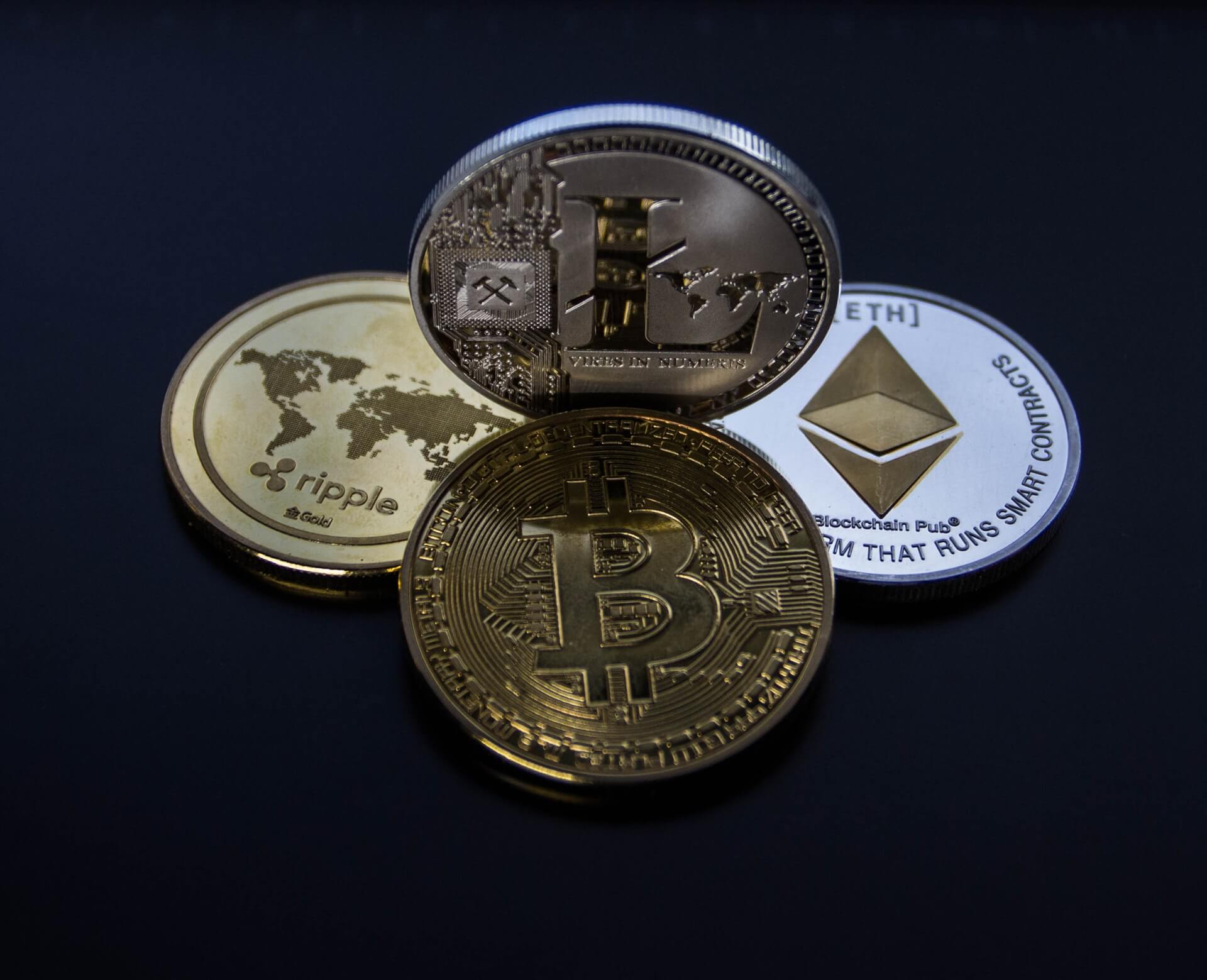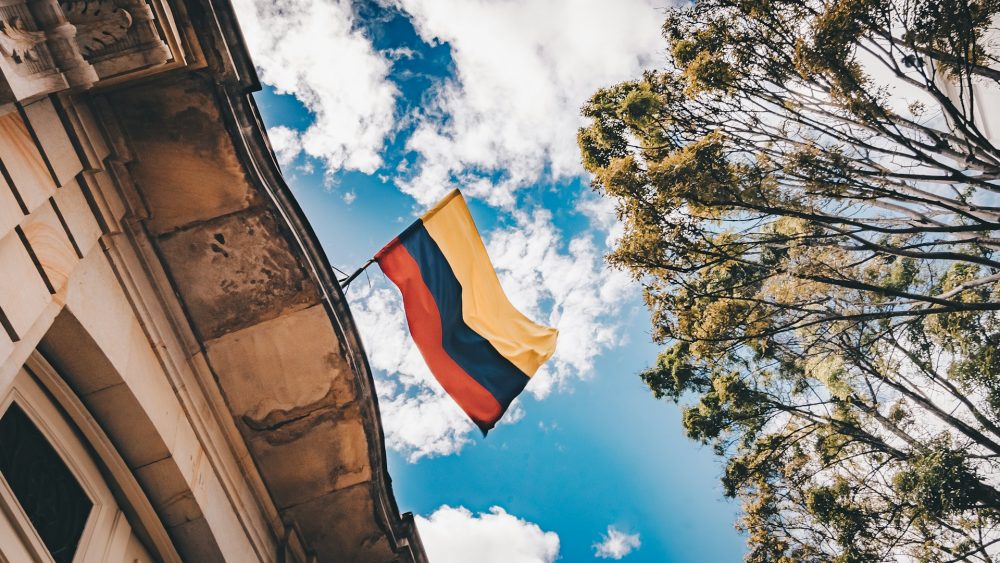Crypto
A beginner’s guide to cryptocurrency terms
The jargon of the cryptocurrency industry can be complicated, but here’s your chance to be enlightened.

Back in 2017, Business Insider reported that 10,000 bitcoins, little-known then, can buy a person two boxes of pizza in 2010. Today, that amount would equal to a whopping $70 million.
Bitcoin was the first decentralized digital currency. Its boom in a brief period, which was accompanied by seemingly unrealistic surges and slumps, gave rise to several other digital currencies. The digital currency is gradually becoming the unaccepted e-mail system a few decades ago.
At present, more and more people are trying to know more about how currency works in the digital world—how to mine them and how to make money out of them. Many are still hoping to catch up with the wave they have missed. If you are planning to jump on this bandwagon, there are some essential things to know before betting some money on it.
1. What’s a cryptocurrency?
Cryptocurrency is regulated through encryption techniques instead of a central bank. They are cashless but have monetary value only because a growing amount of people believe so.
There are at least 1,000 different types, including Ripple, Ethereum, Bitcoin Cash, Cardano, and Litecoin, which are gaining traction as well. But none of them has yet come close to Bitcoin, which is the most popular as it is the pioneer of the system.

One type of cryptocurrency you can choose to invest in is Ethereum. (Source)
Meanwhile, cryptography refers to the adoption of high-level algorithms to protect these currencies from hackers. Through this, additional units can also be controlled.
2. What is mining?
Mining refers to the validation of cryptocurrency transactions that can be accomplished by means of a suitable computer system setup and software, as well as resolving complicated mathematical problems.
Various currencies require different mining approaches and change over time. For those early miners of bitcoin, they are most likely making a lot of money by now. But today, mining a single coin of the cryptocurrency is being done on a large scale, with massive manpower and high electricity requirements as algorithms become increasingly complex and needed hardware becomes more expensive. With the high cost of operations, it is then not wise for budding miners to place their bets on bitcoin.
However, there are scrypt-based currencies such as Litecoins and Feathercoins, among many others, which are more suitable and profitable for beginners. In mining Litecoins, which can be done through consumer-level mining hardware, daily can range from 50 cents to 10 dollars. As for Feathercoins, although mined using the same hardware as Litecoin, profits may be slightly lower but are slowly gaining traction.
3. What is a blockchain?
All bitcoin transactions are stored in blockchain, which is similar to a public ledger, to ensure transparency and prevent fraud. The said technology facilitates all peer-to-peer transactions.
When one party sends bitcoin to another, all the details of that transaction—including its source, destination, and date of sending and receiving—are logged into this block, serving as a publicized receipt.
The validity of the transactions within the cryptographically protected block is then checked and confirmed by the collective computing power of miners within the network in question.
Cryptocurrencies, especially Bitcoin, are known for the wild ride they entail for their investors. This is exactly why many are still skeptic about its stability as a currency despite several countries rolling out their own rules to regulate digital money. A safe strategy then for those interested in placing a sum on cryptocurrencies would be to only invest what you can afford to lose.

-

 Impact Investing2 weeks ago
Impact Investing2 weeks agoGlobal Gender Gap Progress Slows Amid Persistent Inequality and Emerging Risks
-

 Biotech4 days ago
Biotech4 days agoVytrus Biotech Marks Historic 2024 with Sustainability Milestones and 35% Revenue Growth
-

 Crowdfunding2 weeks ago
Crowdfunding2 weeks agoColombia Approves Terrenta’s Crowdfunding Platform for Real Estate Financing
-

 Africa6 days ago
Africa6 days agoCôte d’Ivoire Unveils Ambitious Plan to Triple Oil Output and Double Gas Production by 2030


























You must be logged in to post a comment Login